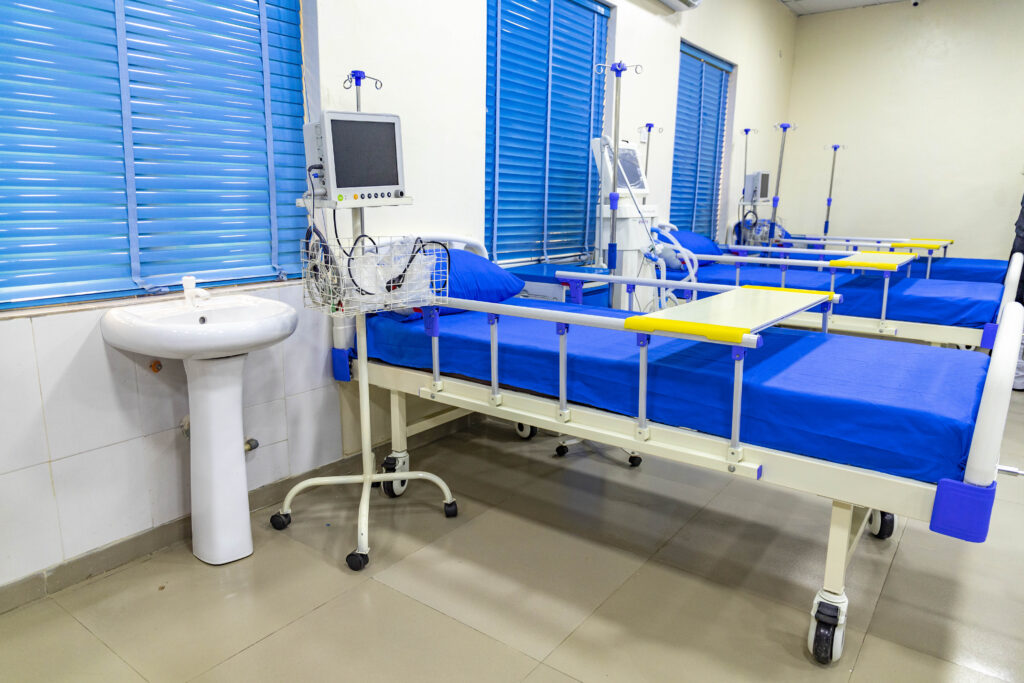Health
Bed Space and Manpower Shortage Hit Abuja Hospitals

The quality of service at public hospitals and primary health centres in the Federal Capital Territory (FCT) has dropped significantly. Residents have expressed concerns over inadequate bed spaces, lack of medical staff, frequent strikes, and insufficient medical equipment.
Many doctors are leaving the country for better opportunities, putting extra pressure on the remaining staff. This has led to overcrowding in outpatient units across several health facilities in the FCT.
Inadequate bed spaces have worsened the conditions of many patients due to delays. Sometimes critically ill patients are referred to hospitals farther away, or they are turned away because there are no beds available.
Emergency units and wards in some hospitals are so full that patients are treated on the floor or told to leave their beds for others. Residents also struggle to access primary healthcare centres due to their poor condition, distance from communities, and ongoing strike actions.
Health workers at primary health centres in the six area councils of the FCT began an indefinite strike in late March 2025. The strike followed the failure of area councils to implement a new minimum wage and clear salary arrears. Despite a federal approval of funds to cover the payments, the councils have not disbursed the money. Health workers remain off duty, leaving thousands without access to basic healthcare.
Patients have shared their experiences of being turned away from hospitals or waiting for long hours without care. Some have had to rush relatives to private hospitals after being told there was no space or help available at public hospitals.
Many primary healthcare centres across the six area councils remain closed during the strike. Nursing mothers and pregnant women have had difficulty accessing care, and vaccination campaigns have been affected.
Medical professionals have highlighted the urgent need for more bed spaces and better infrastructure. The growing population in Abuja means more people need healthcare, but hospitals cannot always accommodate them. The shortage of healthcare workers has made the situation worse.
There has also been a recent increase in hospital charges in the FCT. Registration, consultation, laboratory tests, surgery, and admission fees have risen significantly, forcing many patients to seek alternatives.
The lack of staff deployment to replace those who leave, as well as delays in paying welfare allowances, have contributed to resignations and further worsened the manpower shortage.
Experts call for urgent government intervention to improve healthcare facilities, expand capacity, address workers’ demands, and reduce the strain on hospitals to ensure timely and quality care for all residents.








